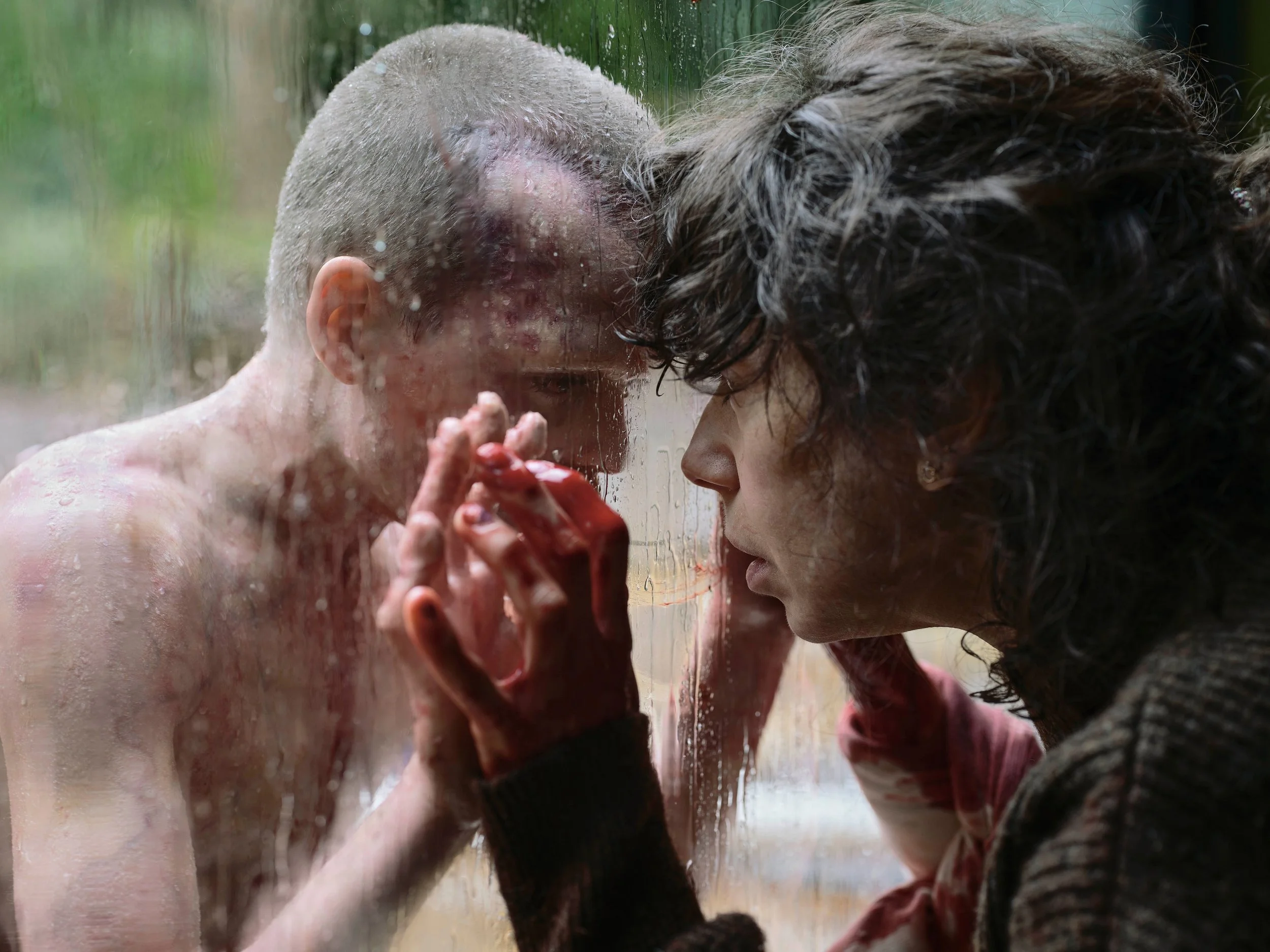Bring Her Back: Grief Encounters of the Creepiest Kind
By Thom Ernst
Rating: B+
Twin brothers and directors Michael Philippou and Danny Philippou extend their chilling cinematic reach with Bring Her Back, a psychological horror that builds on the success of Talk to Me (2022).
The earlier film established the brothers as major new voices in horror—bold, kinetic, and comfortable in their efforts to unsettle. While Talk to Me showcased their knack for fusing supernatural terror with adolescent angst, Bring Her Back signals a deeper, more cerebral ambition: a foray into psychological horror that aims not just to startle, but to leave a lasting scar.
Bring Her Back could be mistaken for another teen-centric horror, but the Philippou brothers are not easy to classify. While the narrative in this latest film centres on youthful protagonists, the film is far from the young adult melodrama found in the pages of a John Green novel.
Instead, it’s a story that belongs in the increasingly ambiguous category of “elevated horror,” a term often applied to genre films that lean into emotional complexity and social commentary (Hereditary, The Babadook, It Follows). Bring Her Back secures its position within that genre due to its eerie ambiance, unsettling depiction of violence, and the dreadful instances of inhumanity hidden beneath our ostensibly noble intentions.
Set in the emotional fallout of the sudden death of their father, two youths — the visually impaired Piper (Sora Wong) and her protective older stepbrother Andy (Billy Barratt) — are sent to a foster home until such a time that Andy can take full guardianship of Piper. Their grief is not a catalyst pushing the story further, but a presence wreaking havoc on judgment, perception, and the truth.
Sally Hawkins delivers a brilliantly uneasy performance as Laura, a retired counselor whose own loss leads her to “rescue” Piper and Andy, though her methods are not always ideal, and her intentions not always clear.
Hawkins, whose last foray into horror was in the Oscar-winning feature Shape of Water, leans hard into Laura’s contradictions. She is part saviour, part saboteur, part surrogate mother. Her performance shifts from warm to alarming, lending the film a psychological volatility that surpasses more traditional scares.
This is not horror that relies on cats leaping from dark corners or loud orchestral stabs. Instead, the Philippou brothers draw dread from disorientation—visually, emotionally, and narratively. Bring Her Back blurs timelines, memories, and hallucinations, inviting the audience into Piper’s compromised perspective as much as it reveals Andy’s mounting suspicions.
The film brandishes uncertainty like a weapon. Lack of clarity is precisely the point. In psychological horror, truth is less important than what characters choose to believe—and how those beliefs destroy or deliver them.
Visually, the film is both austere and expressionistic. The Philippou brothers avoid the flashiness of studio fare in favour of confusion, stillness, and morbid suggestion. There are moments of gore—some of them punishingly graphic—moments that strike not as spectacle, but as unleashed mayhem with a purpose beyond understanding.
What’s emerging in the Philippous’ work is a thematic throughline: the horrors of adolescence as a spawning ground for the supernatural. Bring Her Back maps the outer reaches of trauma onto supernatural territory.
And yet, Bring Her Back is less about terrors in the night than what festers in daylight: grief, resentment, guilt, and misdirected love. The scares are potent, but work because the emotions beneath them are real.
Ultimately, Bring Her Back is a film of contradictions: intimate and epic, bloody and cerebral, empathetic and terrifying. It’s the kind of horror that might take until long after the credits roll before its full impact lands.
And not because of what you have seen, but because of what you felt.
The Philippou brothers are still early in their careers, but with Bring Her Back, they solidify their position as genre innovators, unafraid to confront the raw nerves of the human condition.
Bring Her Back. Directed by Michael Philippou and Danny Philippou. Starring Sally Hawkins, Billy Barratt and Sora Wong. In theatres now.



